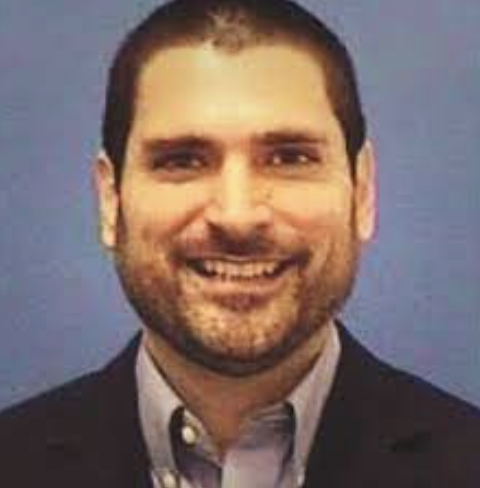If you spend any time online, you’d think that all Gen Zers were on TikTok or Reddit sharing how they either quit an “unjust” company or got fired for “being themselves.”
According to a recent survey by ResumeBuilder.com, nearly 75 percent of leaders find it hard to work with young adults, and 65 percent find themselves firing them due to their lack of motivation or effort, and for being easily offended. As a chief learning officer, you have an opportunity to help change the narrative for your Gen Z workforce by focusing your training on resilience, which can increase engagement, wellbeing and retention.
Resilience is like a muscle. It can be strengthened if enough attention is put towards developing it. To build resilience, the American Psychological Association recommends focusing on these four areas: connection, wellness, healthy thinking and finding meaning. Health care serves as a great example of how training on resilience in these areas can make a real difference. Hospital workers have successfully demonstrated how to overcome tough situations due to the recent pandemic. Perhaps they can also teach us how to work with our youngest and most vulnerable workers.
Connection
Gen Zers were raised during the era of social media. Unhealthy use of social media has been proven to increase social anxiety and impair social skills. Focusing on connection and healthy relationships increases resilience by offering support. Connections allow for staff to cultivate trust and provide an outlet to discuss frustrations on the job. To build connections, consider offering team-building opportunities and a mentoring program. For example, in health care, nursing units with recent graduates are notorious for bullying and gossiping. Providing team building has helped them work together to solve problems and build trust despite their differences. Nurse educators can also step in as mentors and role models, allowing new nurses to have a healthy outlet to express their frustrations while providing much needed advice and modeling.
Wellness
What’s the opposite of resilience? Burnout — the act of giving up because of exhaustion. How do you combat burnout? By focusing on wellness. Wellness is a holistic term that includes physical, mental, emotional and even spiritual health. To focus on wellness means taking care of yourself and finding equilibrium between work and rest. Hosting training on mindfulness and decompression techniques has reportedly helped health care workers increase their wellness. Mindfulness means to slow down, reflect on the present moment and calmly acknowledge one’s feelings and attitudes to give an appropriate response to a trigger. Decompression means enjoying personal time while not worrying about work, such as providing nurses with mindful moments in the chapel and private rooms with massage chairs to help address wellness concerns.
Healthy thinking
Healthy thinking includes flexible thinking, perspective-taking, realistic expectations and hopefulness. A healthy way of thinking starts with knowing your worth and how to deal with challenges in an effective way if and when something goes wrong. Hospitals, for instance, have a lot of policies to maintain high reliability in a high-risk environment. What this allows is for workers to know what is expected of them and how to respond to stressful circumstances. Similarly, training with emphasis on boundaries and grievance policies can help Gen Zers know their value and when necessary, use appropriate tools to address concerns in a constructive and fair manner. Training in these areas helps to maintain an optimistic outlook when dealing with a difficult situation.
Finding meaning
Young workers are very values-driven. Finding meaning helps one stay focused and motivated. Health care, for example, draws on individuals who share the “why” of wanting to help others and offers continuous opportunities to develop new skills to achieve this “why.” As an organization, it’s important to know the purpose or the “why” behind the work in order to cast a compelling vision. Likewise, Gen Zers need to be trained in discovering their “why” and then be supported with investments in their development toward their goals. By investing in their training, leaders can help these young direct reports stay focused and build confidence through competence.
The fact is, we need Gen Z workers. As a CLO, you know there is a war on talent that must be won if your organization is going to thrive into the future. The baby boomer generation is retiring at alarming rates and you, no doubt, have started to see the risks involved in not taking action. The strategy to help these young adults build resilience and avoid losing their jobs on preventable offenses is within your reach.















